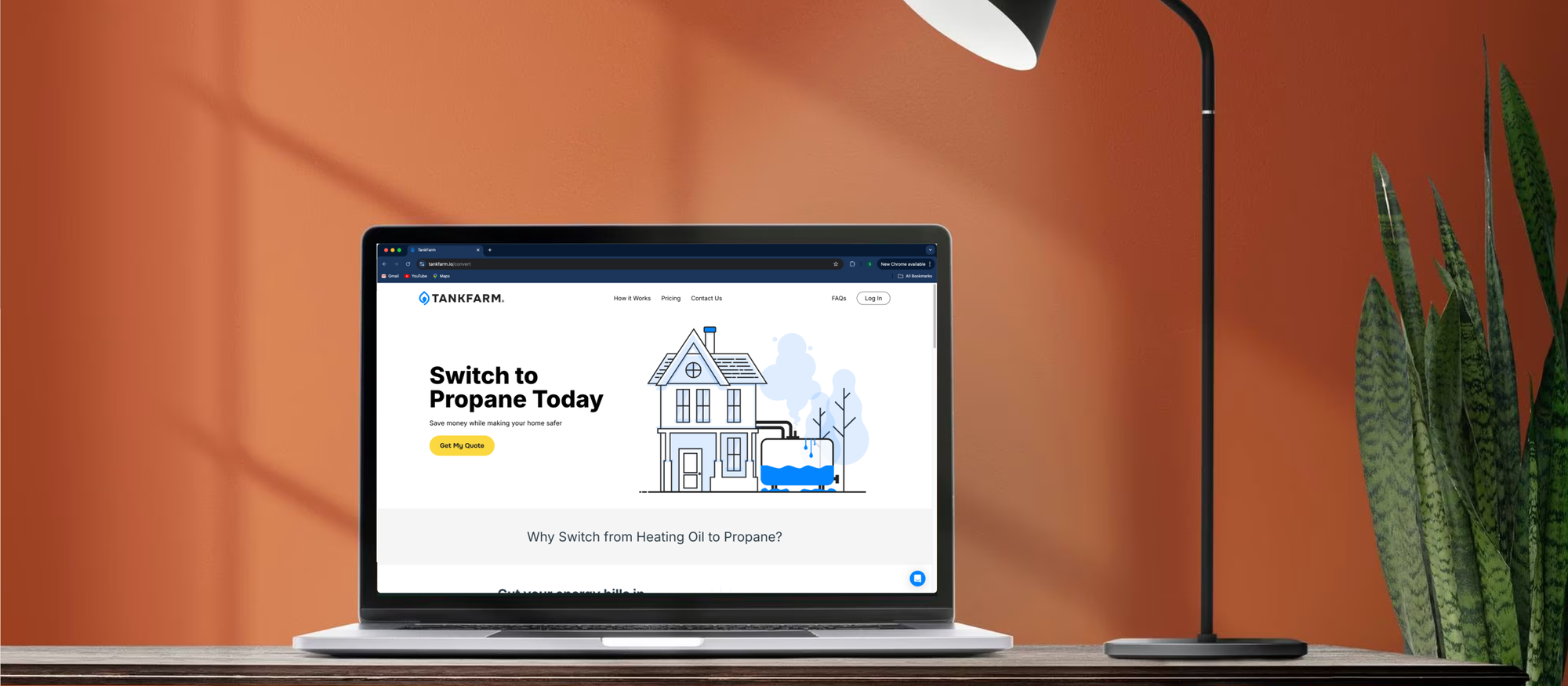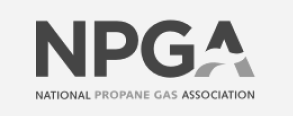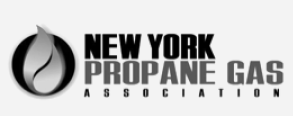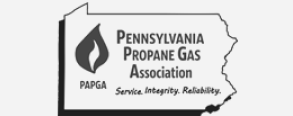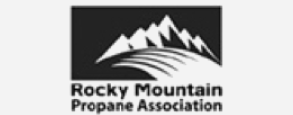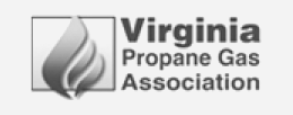

Taking your RV on the road offers a unique blend of adventure, comfort, and the freedom to explore. Whether you're a full-time RVer or a weekend warrior, propane is an essential fuel that powers your heating, cooking, refrigeration, and more. However, using propane in an RV requires careful attention to safety and efficiency. In this guide, we'll share essential tips for using propane in your RV, ensuring you can enjoy your travels without any hitches.
Why Propane is Essential for RVing
Propane is a versatile and reliable fuel source for RVers. Here’s why it’s an indispensable part of your RV experience:
- Versatility: Propane powers a variety of RV appliances, including stoves, ovens, water heaters, refrigerators, and furnaces.
- Efficiency: Propane is an energy-dense fuel that offers long-lasting power, making it ideal for extended trips.
- Availability: Propane is widely available across the country, making it easy to refuel wherever your journey takes you.
- Cost-Effective: Propane is generally more affordable than other energy sources, helping you save money on the road.
Tip 1: Understand Your RV’s Propane System
Before hitting the road, familiarize yourself with your RV's propane system. Knowing the ins and outs of your setup will help you use it safely and efficiently.
- Propane Tanks: Most RVs come equipped with one or two propane tanks. Understand the capacity of your tanks and how to monitor fuel levels.
- Regulator: The propane regulator controls the pressure of the propane as it moves from the tank to your appliances. Ensure it's functioning correctly.
- Appliances: Identify which appliances in your RV use propane, and learn how to operate them properly.
Tip 2: Perform Regular Maintenance
Regularly maintaining your RV's propane system is crucial for safety and efficiency. Here’s what you should do:
- Inspect Tanks and Hoses: Regularly check your propane tanks, hoses, and connections for leaks, cracks, or damage. Replace any worn or damaged parts immediately.
- Check the Regulator: Ensure the propane regulator is in good working condition and replace it every 10-15 years, or sooner if issues arise.
- Clean Vents and Burners: Keep vents and burners clean and free of debris to ensure optimal performance.
Tip 3: Practice Safe Propane Handling
Handling propane safely is essential to avoid accidents and ensure your RV’s systems work as intended. Follow these safety tips:
- Turn Off Propane When Traveling: Always turn off the propane supply at the tank when driving. This reduces the risk of leaks or fires in case of an accident.
- Use a Leak Detector: Invest in a propane leak detector for your RV. This device will alert you to any gas leaks, giving you peace of mind.
- Know the Smell of Propane: Propane has a distinct odor (similar to rotten eggs). If you smell it, turn off the propane supply immediately, ventilate the area, and check for leaks.
Tip 4: Optimize Propane Efficiency
Maximizing propane efficiency allows you to extend your time on the road without frequent refueling. Here are some ways to optimize usage:
- Cook Wisely: Use the stovetop and oven efficiently by cooking multiple items at once and keeping pots covered to retain heat.
- Use Propane Sparingly: In warmer weather, use campground hookups for electricity instead of propane for heating and cooking.
- Monitor Fuel Levels: Keep track of your propane levels and refill before they run too low. This will prevent you from running out of fuel in remote locations.
Tip 5: Know How to Refill Propane Tanks Safely
Refilling your propane tanks is a routine part of RVing, but it’s important to do it safely.
- Locate Refill Stations: Before your trip, identify propane refill stations along your route. Many gas stations, campgrounds, and RV parks offer refill services.
- Turn Off Appliances: Ensure all propane appliances are turned off before refilling your tank.
- Transport Safely: If you need to remove the tanks for refilling, secure them upright in a well-ventilated area of your vehicle.
Tip 6: Be Prepared for Emergencies
Even with the best precautions, emergencies can happen. Being prepared can make all the difference.
- Install Smoke and Carbon Monoxide Detectors: Ensure your RV has functioning smoke and carbon monoxide detectors.
- Have a Fire Extinguisher Handy: Keep a fire extinguisher within easy reach, and ensure all passengers know how to use it.
- Know Emergency Procedures: Familiarize yourself with what to do in case of a propane leak or fire. Quick action can prevent accidents from escalating.
Conclusion
Propane is a vital component of your RV lifestyle, offering comfort and convenience on the road. By understanding your RV's propane system, performing regular maintenance, and following safety guidelines, you can enjoy efficient and worry-free travels. Whether you're cooking a meal, heating your RV, or enjoying a hot shower after a day of adventure, these tips will help you make the most of your propane-powered RV. To learn more about propane, see if Tankfarm is available in your area.

